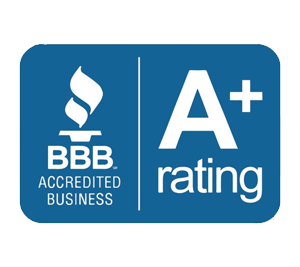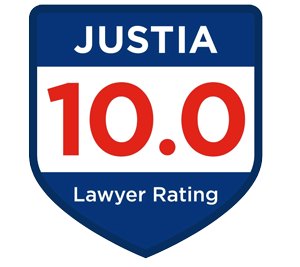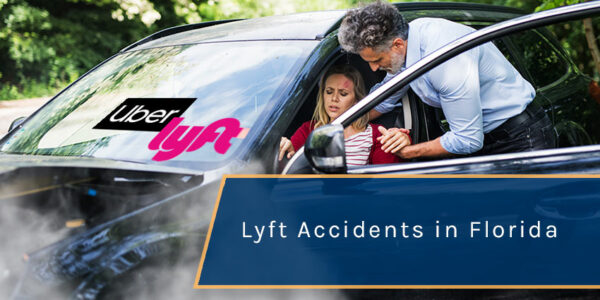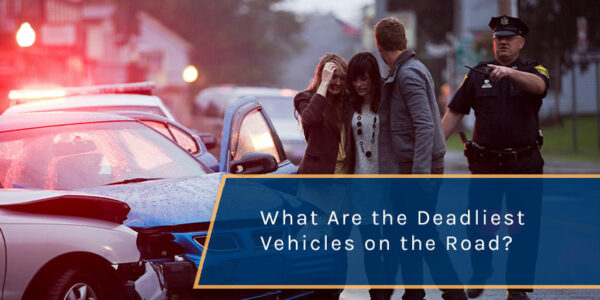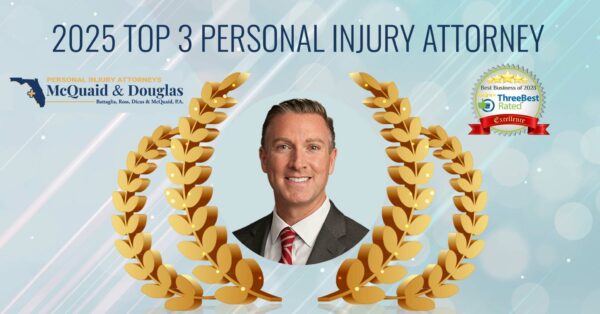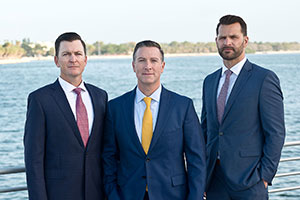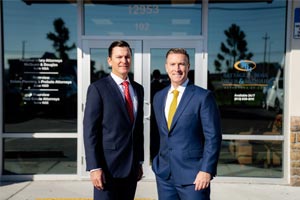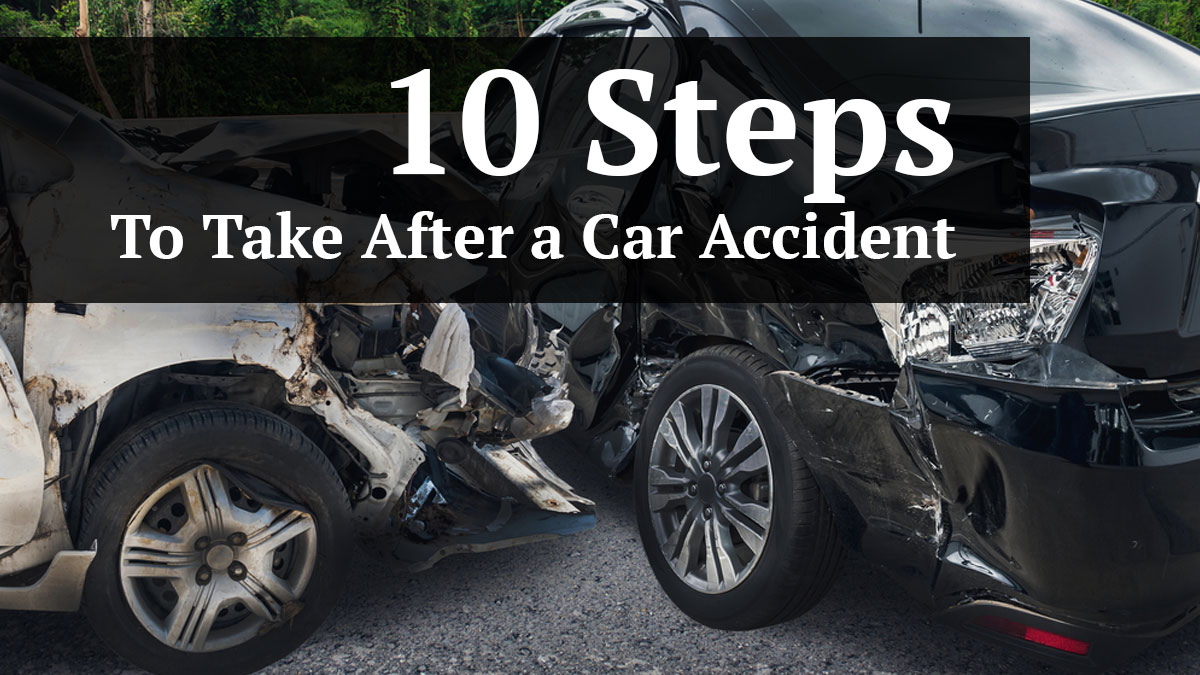
If you have been involved in a car accident, you may be in shock, angry, and injured. But, there are several steps that should be taken in every incident. If done correctly, these steps will protect your rights and improve your ability to recover compensation for your losses.
1.) Stop at the Scene
After a car accident, it is imperative that you remain at the scene. Not only is it possibly a crime if you leave, but you will damage your credibility in the subsequent claim. Regardless of the reason for leaving, most people will think it is suspicious if you leave the scene and might have something to hide.
2.) Protect Yourself at the Scene
It is always best to leave your car in the same position after the accident. However, if you are in a dangerous location, then move the car off to the side of the road or into the nearest safe spot.
3.) Contact Law Enforcement
Not contacting the police is one of the biggest mistakes that people make after a car accident. It happens much more frequently than you may believe. For some reason, some people do not want to involve the police and feel that they can handle the situation on their own. Perhaps the other driver seems honest and the damage to the vehicles was minor. But, time and time again I have clients who wake up the next morning in pain and realize that the incident was more severe than what they thought. Therefore, it is wise to always err on the side of contacting the police so that there is a report of the accident and an investigation at the scene. You simply cannot rely on the other driver to do the right thing after an accident. Additionally, if you don’t call the police, you are signaling to everyone that you didn’t think the accident was serious enough to involve them.
4.) Treat Law Enforcement as an Ally
Once the police arrive at the scene, you must be able to accurately describe the circumstances of the car accident and convince them it was not your fault. This requires calmness and patience. You have no way of controlling what the other driver tells the police, so be more credible. I find that clients who argue with the police or are disrespectful create all kinds of problems for themselves.
5.) Takes Picture of the Cars, the People and Any Injuries
Pictures of what happened after the car accident are some of the most important pieces of evidence in any injury claim. I find that the insurance adjusters always want to see these pictures because they are normally not sent pictures by their insured. If possible, take pictures of how the cars ended up after the accident, take a picture of the driver, and any damage to the cars. If you have visible injuries such as abrasions from the seatbelt, burns from the airbag, or any bruising, make sure to document them all.
6.) Obtain Contact Information
Normally, the investigating officer will obtain the contact information for the driver, the passengers, and any witnesses. However, you would be shocked about how frequently I find mistakes in the officer’s reports and people left off the list. Just last week I had a case where the officer did not list my client’s two children who were in the backseat of the car and were injured. I also find that officers do not include sufficient information for the witnesses quite frequently. Thus, while you are at the scene, get the names, addresses and phone numbers for everyone involved. Also, any insurance information that you can obtain will greatly assist the speed of the claim.
7.) Report the Accident to Your Insurance Company
Even though the accident is not your fault, your insurance company needs to know what happened. It is always wise to report the incident immediately and then let the two insurance companies deal with the claim. If you were not at fault, the repairs or damages to your car will likely go through the other insurance company. But, the cost of treatment under PIP will go through your own company. Reporting the accident to your insurance will not increase your rates, so do not be concerned. I have never seen someone’s insurance increase for simply using PIP benefits after an accident that they did not cause.
8.) Seek Medical Treatment
If you did not seek emergency medical treatment at the scene, it is important to see a doctor as soon as possible thereafter. If you have a gap in treatment after a car accident of even a few days, the insurance company for the at-fault driver will use that against you. Their theory is that if you did not see anyone after the accident for several days, then you really could not have been hurt badly. While their theory is false, they use it against people in every case in order to reduce the value of your claim. Therefore, simply getting checked out after an accident is the best way to combat their approach. Lastly, when you see your doctor, make sure you describe in detail every area of your body that has been injured. Many people do not report minor injuries only to find out later that it was more severe than they initially thought. Once the delay in reporting the injury occurs, the insurance company will not compensate you for that injury.
9.) Keep a File
I provide all of my clients a folder to keep their paperwork in. Some of my clients also keep an electronic file. But, having your medical records and other information for the claim organized will be a great benefit to you and your lawyers.
10.) Speak to a Car Accident Lawyer
I advise in every car accident case that you speak to a lawyer about the situation. It is possible that the injuries are minor and no claim is needed. But, car accident injury claims are highly detailed and many issues are time sensitive, especially in the first days after the accident. Most car accident lawyers, including myself, will be happy to speak to you about the proper steps to take and whether you need to hire a lawyer. In fact, I just spoke yesterday to a woman who was at fault for the accident in which she was injured, but still gave her some advice on what to do. Car accidents can be scary and frustrating, so if you need some help, don’t be afraid to ask for it from a trained professional.




